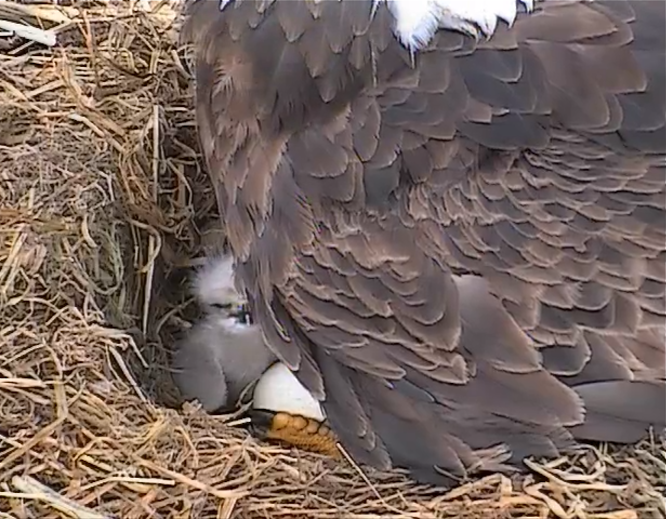Torah Sparks
Deuteronomy 32:1-52
We read our Torah portion this year on the Shabbat leading to Sukkot. It is a short reading, consisting mainly of Moses’ final song, a poetic statement summing up Jewish history and the challenge of remaining faithful to God. As Moses describes the way God cared for the people of Israel in the wilderness, he conjures an image that can serve as a way to imagine what a sukkah is meant to be for us.
Moses sings: “[God] found him [Israel] in a desert land, and in a howling wasteland wilderness, taking him [Israel] around, building him up, to guard him like the apple of His eye.” (Deut. 32:10) Moses depicts the meeting of God and Israel as if it takes place in the wilderness. But, of course, the reason the people of Israel were in the wilderness was because God brought them there when God liberated them from Egypt. Yet the Exodus is not mentioned. It is as if it never happened.
Instead, Moses imagines that we somehow found ourselves out there, in a “howling wasteland,” without any explanation. Our terror at being in the desert was not mitigated by remembering that we got there by a miraculous deliverance by God. It is as if the Exodus had never happened. No. Now that we are here we are overwhelmed by the chaotic nothingness all around us. The word “tohu” is used to describe this wasteland, the same word used to describe the world before Creation. Our new beginning was terrifying.
But, we were lucky to be found by God at that perilous moment. And, instead of being surrounded by the desert emptiness, we were encircled by God’s Presence. That Presence served as our shelter, built up around us, building up our sense of confidence, protecting us.
This is precisely what the sukkah is meant to feel like. Even though we have just experienced, during Rosh Ha-Shanah and Yom Kippur, an intense period of prayer and community, this period of beginning can be terrifying. Instead of a fullness we are at risk of feeling an emptiness. Now what? In response we are given the holiday of Sukkot, and we construct encircling shelters that surround us with tenderness.
The next verse pictures God as a mother bird, an eagle, calling to her chicks, hovering over her nest. This hovering recalls the first moments of Genesis also. But, instead of the chaotic emptiness of the beginning, it recalls the hovering presence of God’s spirit over the deep. Then, just as we are prepared to settle into the comfort of the nesting image, Moses has the mother bird carry her chicks away from the nest upon her wings. This temporary nature of our nest is paralleled by our Sukkot experience. We will dwell temporarily in the gentle embrace of the sukkah. And then, refreshed, we will need to fly off, into the new year.
Shabbat Shalom v’Hag Same`ah!
Rabbi David Greenstein
- Toby Stein: In Memoriam - Thu, Feb 8, 2024
- Faithfulness and Hope: Parashat Sh’lach - Thu, Jun 23, 2022
- Past Their Prime: Parashat B’ha`a lot’kha - Thu, Jun 16, 2022

